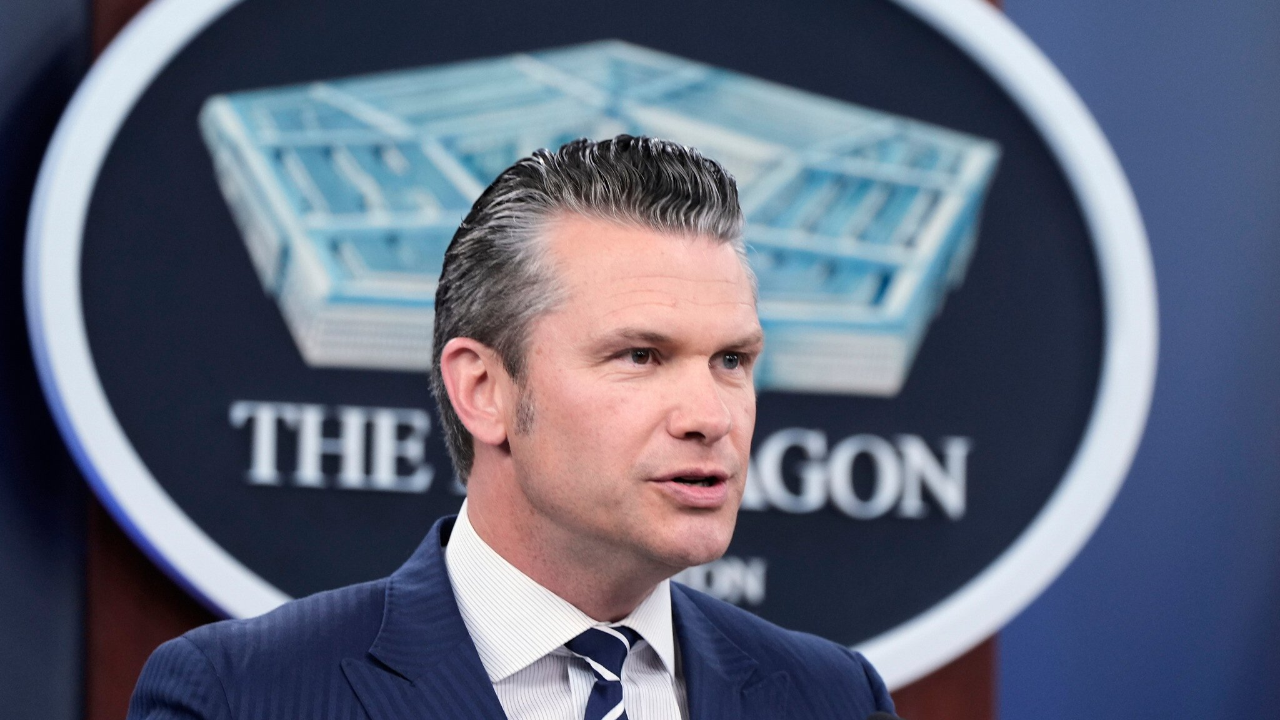
In mid-October 2025, more than 30 major U.S. media outlets publicly refused to sign the Pentagon’s new press access policy.
The outlets — from Reuters and AP to CNN, The New York Times, and Fox News — formed a rare united front. They warned that the policy is “without precedent” and undermines key press freedoms.
Escalating Clash Over Classified Information
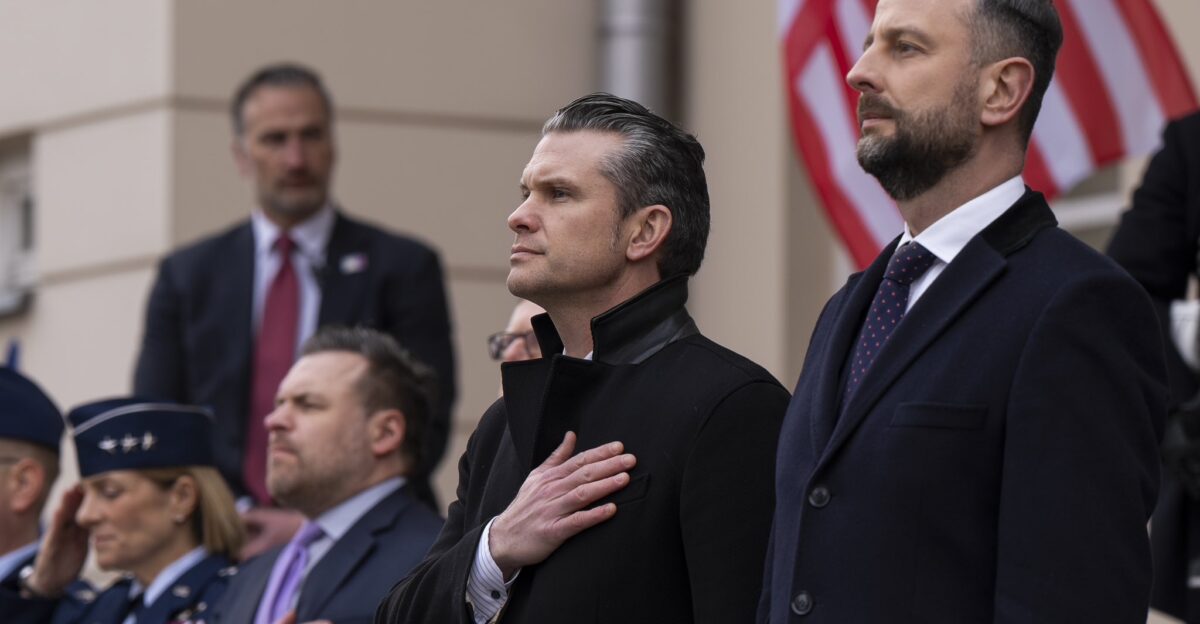
The dispute began when Defense Secretary Pete Hegseth unveiled a new media policy in September 2025, demanding that Pentagon reporters pledge not to report any information not officially cleared.
The Pentagon said this merely formalized existing practice, but media organizations saw it as unprecedented. Journalists warn that the rules bar independent reporting on military operations and put news access at risk.
Decades of Military-Press Battle
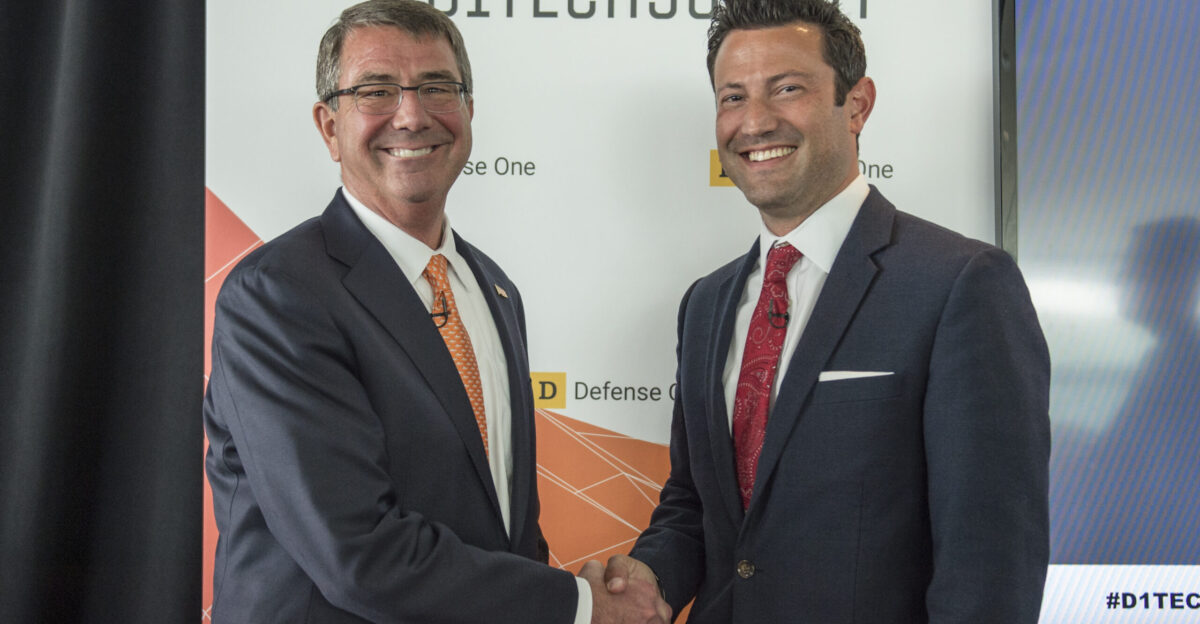
Grappling with the press isn’t new. The military and media have clashed over access since the Vietnam War. Kevin Baron of Defense One notes even in the Cold War, the Pentagon welcomed foreign reporters: officials “let [the Soviet news service] in… let them see all the information that we’re giving the rest of the world”.
This conflict fits a long pattern of secrecy-versus-transparency tension.
Growing Calls for Transparency
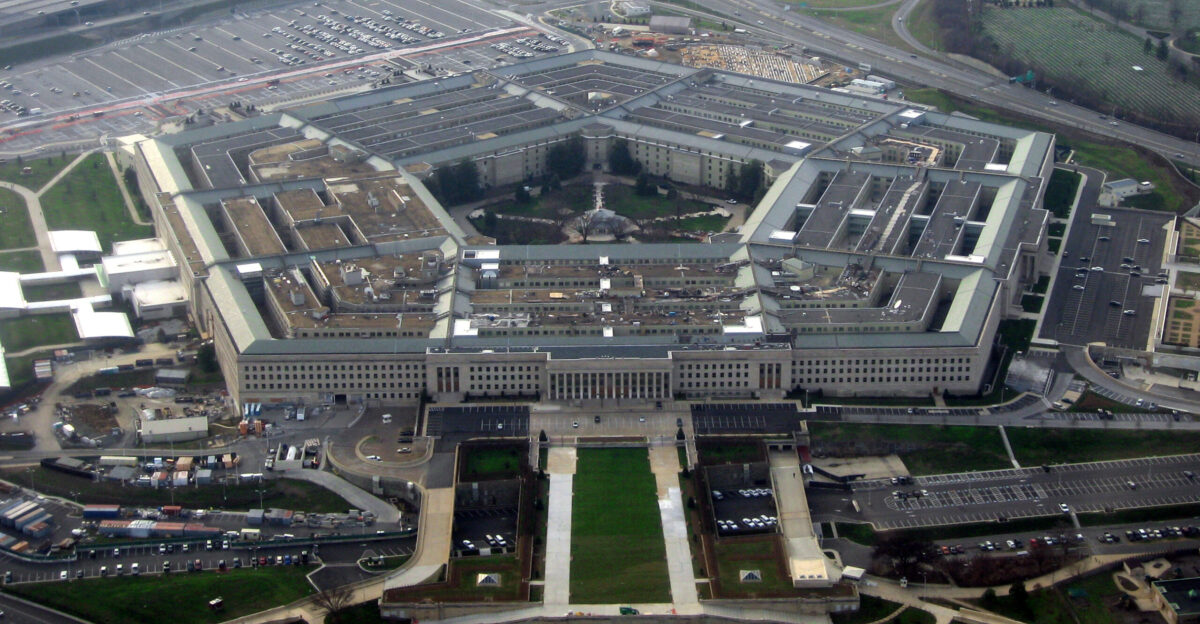
The clash comes amid broader demands for openness. Watchdogs warn that government transparency is declining. The Pentagon Press Association called the standoff “a dark day for press freedom” that underscores a “weakening U.S. commitment to transparency in governance”.
Journalists and advocacy groups alike note rising barriers to basic defense information, fueling concern about unchecked power.
Leading Newsrooms Take a Stand
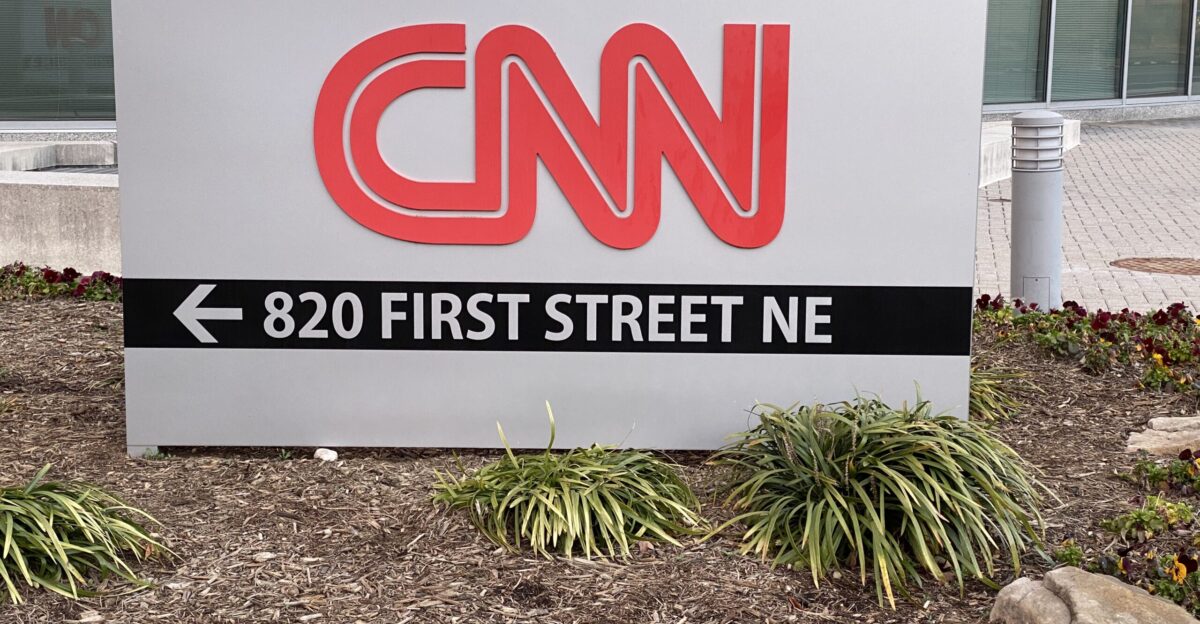
On Oct. 14, 2025, more than 30 outlets – including AP, CNN, NYT, Fox News, NPR, and others – announced they would not sign the Pentagon’s agreement.
In a joint statement, they declared the policy “without precedent” and said it “threatens core journalistic protections”. This unprecedented media unity highlights how high the stakes are for reporting on national security.
New Rules Hamper Coverage

The new policy restricts base reporting nationwide. Pentagon guidance now requires reporters to be escorted by officials in most parts of the building.
Local newspapers and TV stations that cover installations worry that this will curb independent reporting on troop deployments and contracts. Critics say communities could lose vital oversight on military affairs.
Journalists Warn of Silenced Stories

Journalists say the policy will hobble their work. Matt Murray of The Washington Post warned that the “proposed restrictions undercut First Amendment protections by placing unnecessary constraints on gathering and publishing information”.
Atlantic Pentagon correspondent Nancy Youssef called it “a sad day for those who support a free press,” but praised colleagues for sticking together. Reporters fear vital military stories could go untold.
Negotiations and Defiance

Meanwhile, not all outlets took the same line. Some regional or smaller outlets are still negotiating and seeking clarifications or exemptions. The Reporters Committee for Freedom of the Press says the Pentagon has yet to meet with it about the policy.
One military-affairs editor flatly told CJR, “None of us are signing this pledge”, highlighting widespread defiance.
Shrinking Government Access
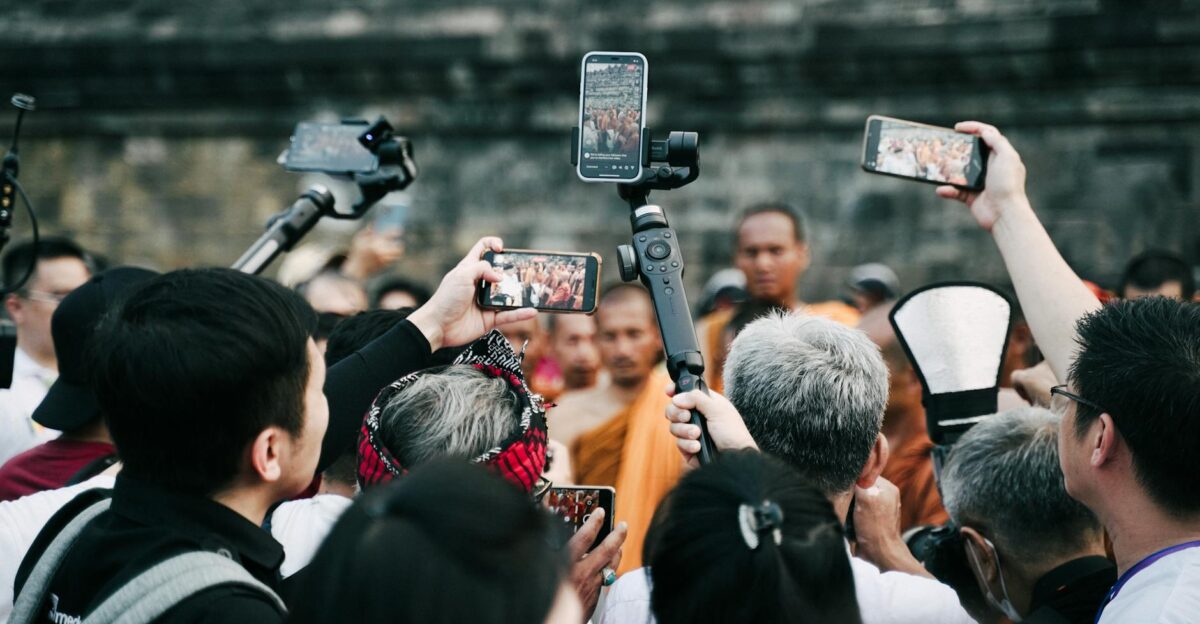
More broadly, this standoff reflects a national trend. Across government, journalists report increasingly delayed or denied information. Freedom of the Press Foundation warned that the Pentagon’s rules are effectively a “prior restraint” on reporting.
Many observers note that news often comes from informal sources as well as official ones. Still, investigative reporters worry their work will be chilled if current restrictions stand.
Who’s Watching the Watchers?

Beyond access, the conflict raises a deeper question: who’s watching the watchers? The media say that if journalists can’t independently scrutinize the Pentagon, public oversight suffers. Even the Pentagon Press Association warned of “concern about weakening… accountability at the Pentagon”.
This mini-revelation shows the standoff is really about balancing security and transparency.
The Human Toll in Newsrooms

Inside newsrooms, staffers unpack gear and debrief colleagues. One reporter said the scene “reminds me of a college dorm move-out without the happiness of summer”.
Veteran Pentagon correspondent JJ Green said he’d “never seen that place not buzzing like a beehive”. Editors warn the upheaval may spur reporters to self-censor rather than risk losing access.
Pentagon’s Security Argument
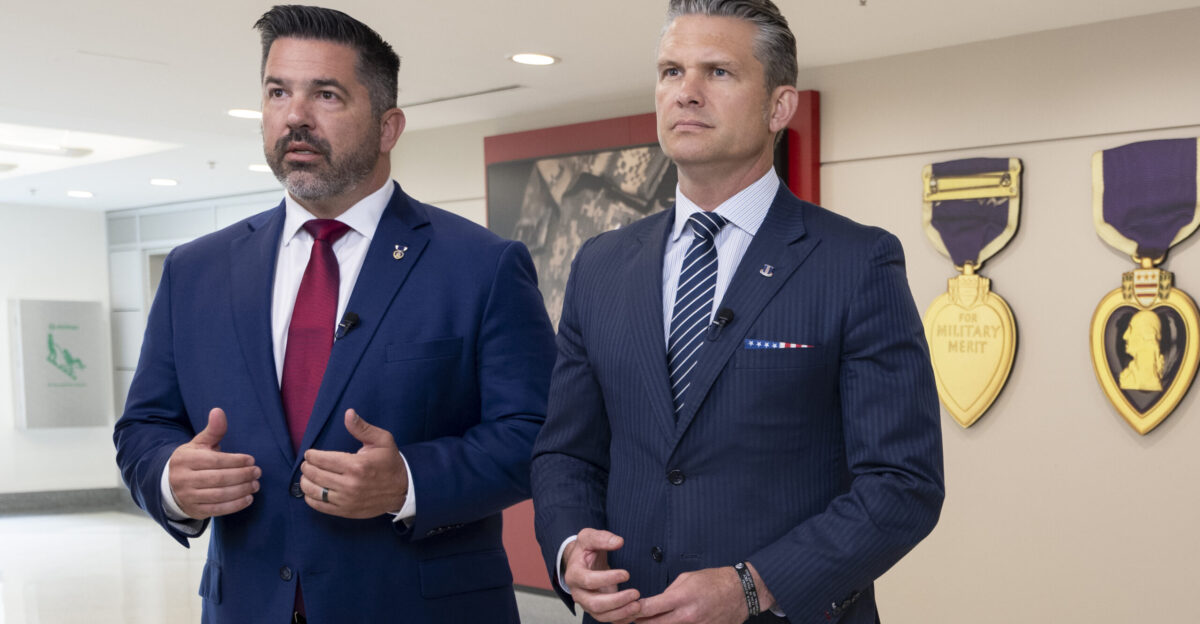
Defense Department officials defend the new rules. Pentagon spokesman Sean Parnell described them as reaffirming “basic, common-sense guidelines” already in place.
He accused journalists of having a “full-blown meltdown, crying victim online” and insisted “the policy is what’s best for our troops and national security”. Administration officials argue the steps are needed to protect operational safety.
Proposals for a Way Forward

To break the impasse. In October, the Pentagon quietly relaxed certain clauses—for example, clarifying that journalists need not submit story drafts for approval.
The AP and others proposed forming a joint task force to review press access rules. Yet an Oct. 6 policy update largely left the original terms intact, and newsrooms still call the guidelines “unsignable”.
Experts Sound the Alarm
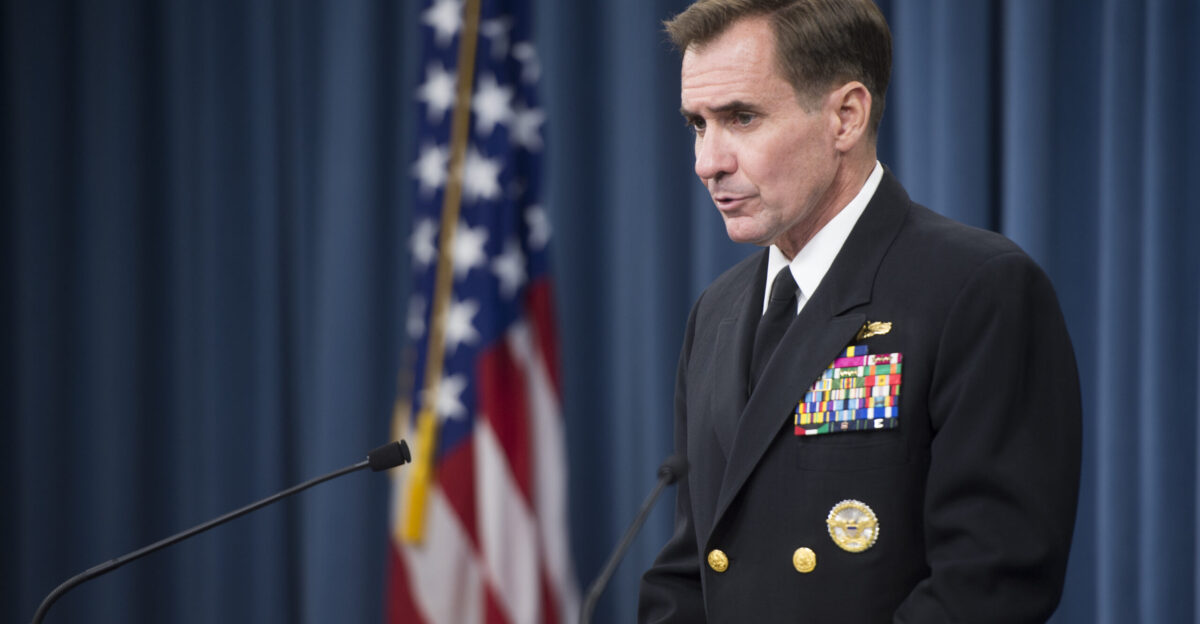
Media law experts say the rules have far-reaching effects. Professor Jane Kirtley warns, “Any time you are required to submit something for review by a governmental entity, that’s a prior restraint”.
Seth Stern of the Freedom of the Press Foundation says the policy “warps the role of journalism” and notes “the government cannot condition a benefit on forfeiture of First Amendment rights”. Former Pentagon press chief John Kirby predicts this will backfire: “Stories won’t stop being covered…reporters will likely only become more aggressive”.
What Comes Next
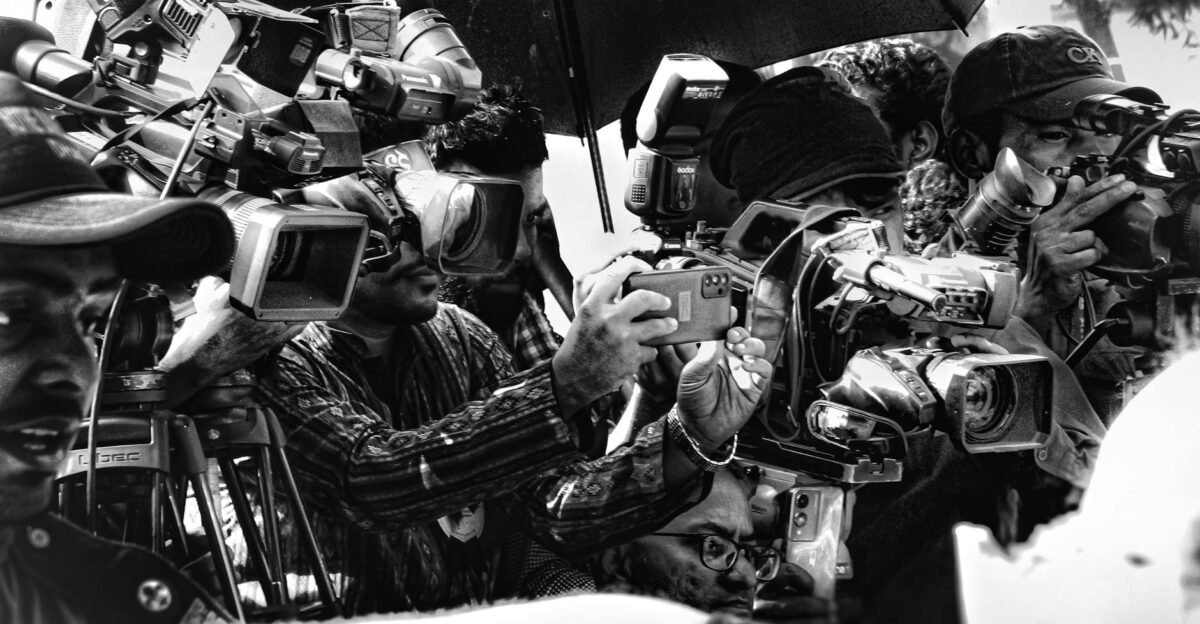
So far, media leaders promise to carry on. Atlantic editor Griff Witte vowed reporters would “continue to report in every way they can to try to explain…how taxpayer dollars are being spent”.
Pentagon officials say they will enforce the rules as planned. The next few weeks may determine whether this dispute leads to hearings, lawsuits, or a new compromise.
Capitol Hill Reacts
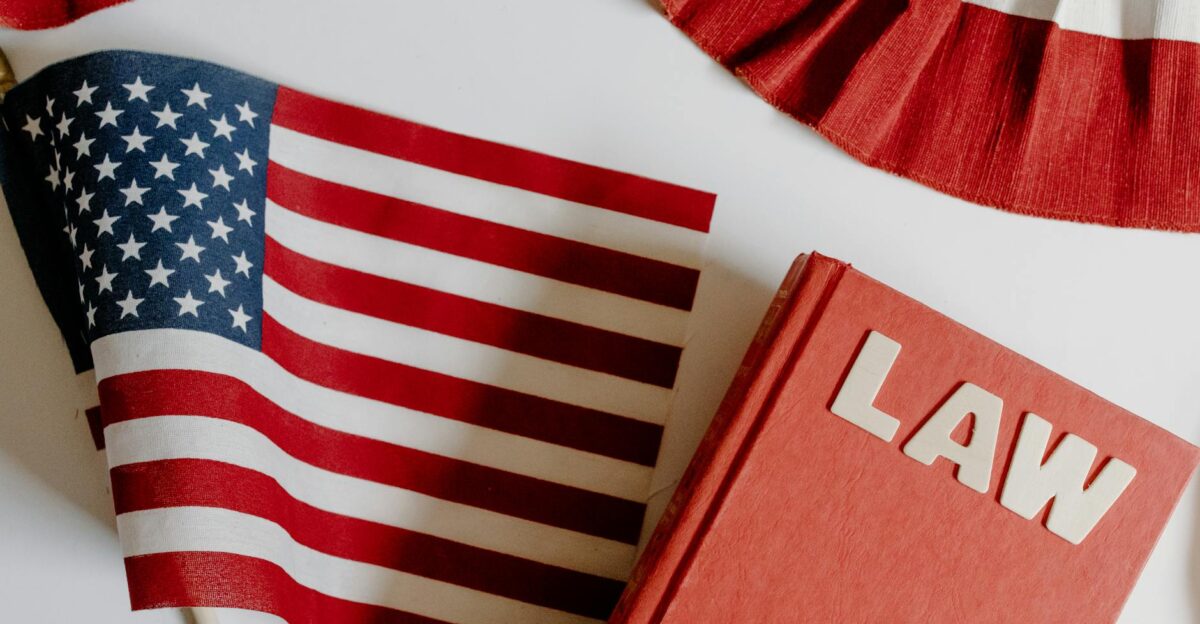
Meanwhile, lawmakers on Capitol Hill are starting to respond. Reporters Without Borders (RSF) urged Congress to hold the Pentagon accountable, saying Trump’s press restrictions “set a dangerous tone” that must be checked.
The White House and State Department correspondents’ associations also publicly backed the press. Bipartisan interest is growing; some members have promised hearings on Pentagon transparency and press rights.
International Watchdogs

Abroad, press-freedom watchdogs are alarmed. RSF noted these moves “set a dangerous tone” for democracy.
Advocates warn that if the U.S. curtails media freedoms, authoritarian regimes worldwide may feel vindicated to do likewise. Already, journalists outside the U.S. cite the Pentagon standoff as a cautionary example for press rights everywhere.
Legal Battles Loom

Meanwhile, legal experts say a court battle is likely. Media lawyers note the Pentagon’s actions could violate the First Amendment. Professor Jane Kirtley called this step “a prior restraint” on reporting, and lawyer Carey Shenkman observed that by inviting reporters in the first place, the government effectively created “a form of public forum”.
If news organizations sue, courts may soon set a crucial press-freedom precedent.
Trust and the Fourth Estate

At home, trust in institutions is low. A Gallup poll found only 31% of Americans trust news media to report fully and fairly – a record low.
Confidence in Congress is similarly low. In this climate of skepticism, many see independent journalism as an essential check on power. The Pentagon rules thus test the Fourth Estate’s role in democracy.
Defining the Future of Press Freedom

Ultimately, this standoff is about democratic oversight. The Pentagon Press Association called it “a dark day for press freedom” that threatens accountability at the military’s highest levels.
As negotiations or legal challenges play out, the outcome will determine how Americans learn about their military — and who gets to ask the hardest questions.